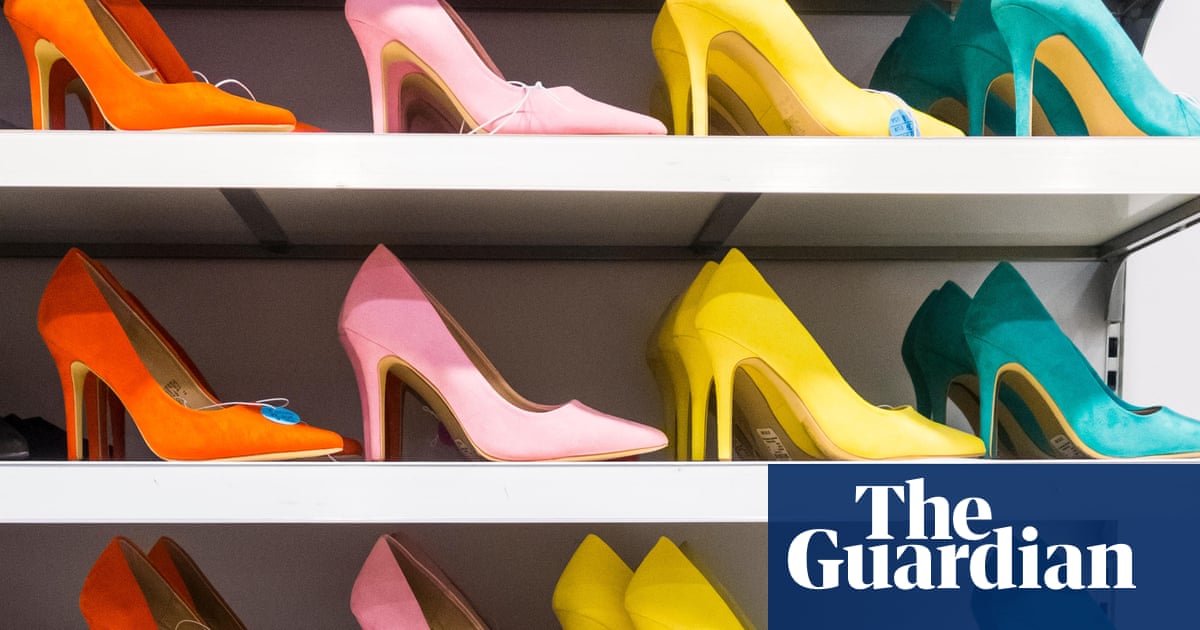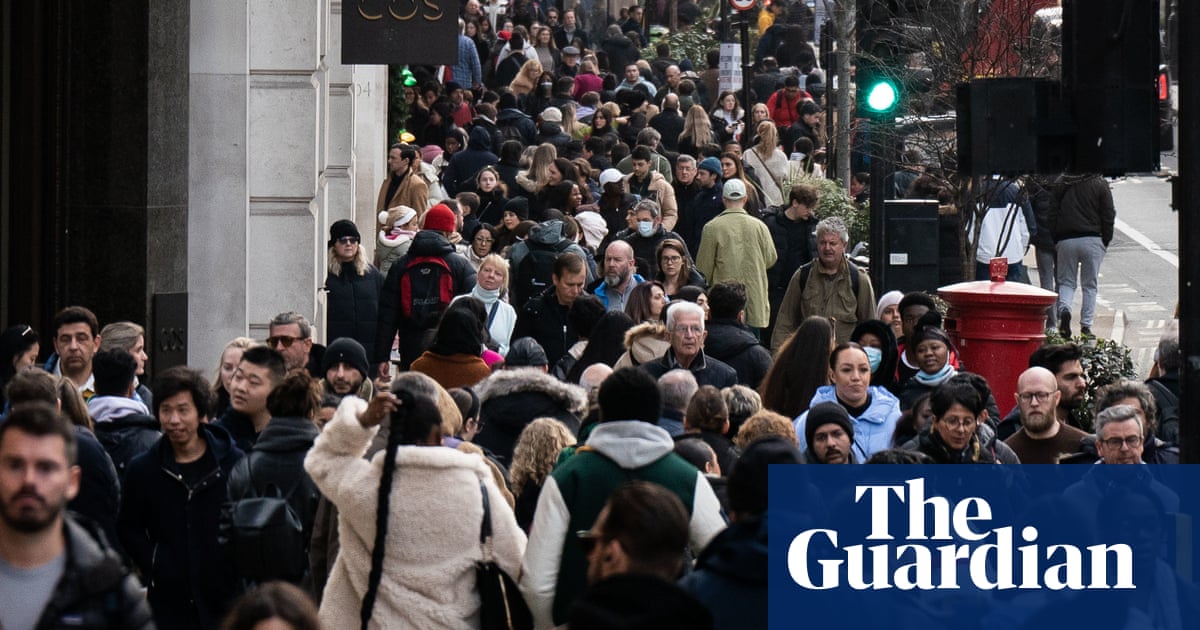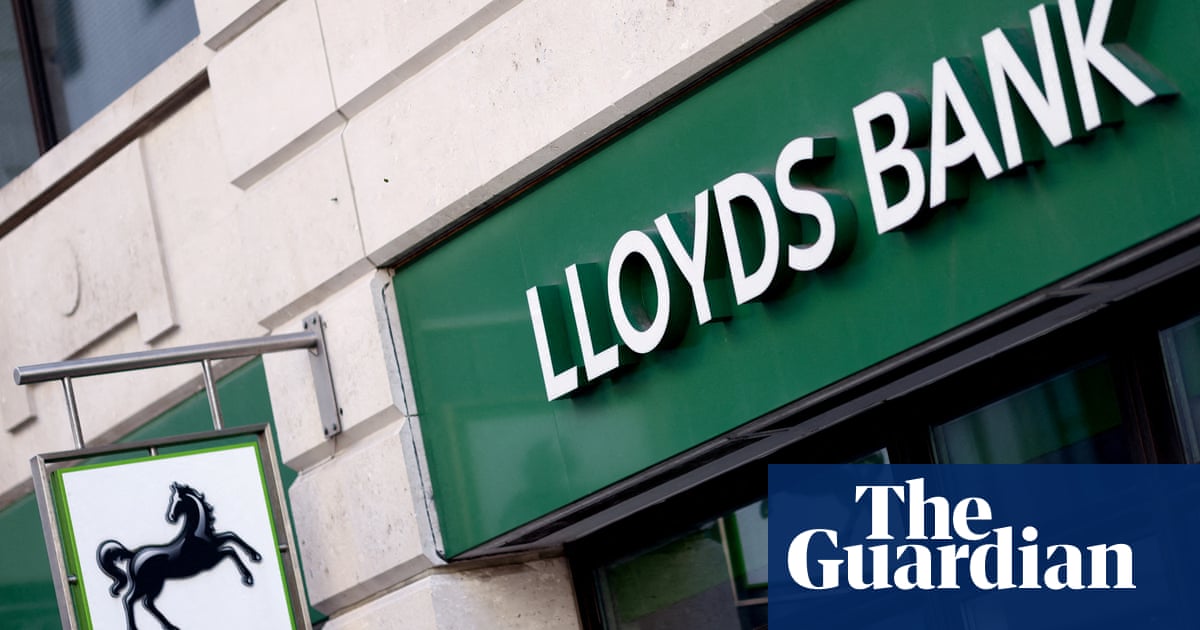
Households “feeling the squeeze” are shopping earlier for Christmas to spread the cost and have made a shift to dining at home rather than at restaurants, according to Sainsbury’s.
The supermarket revealed an 8% fall in first-half profits as it said it had invested in keeping prices as low as possible, with food price inflation in its stores running at “comfortably less” than the 10%-plus reported for the wider market.
The supermarket said its effort to cut £1.3bn in costs in the three years to 2024 – double the savings in the three years to 2020, and a step up from the figure laid out last year – was helping to offset “higher than expected operating cost inflation”.
Simon Roberts, the chief executive, suggested there would be more price rises to come into next year as he said there was still “pressure in the system” from energy and labour cost rises.
He said shoppers had already made clear they were “really feeling the squeeze”, putting fewer items in their baskets, shifting to cheaper own-label products – which he said could be half the price of similar branded items – and shopping earlier than usual for Christmas products so that that they could spread the cost over several pay packets.
Roberts added that as autumn had arrived shoppers had also shifted back towards “eating at home rather than at restaurants”.
Sales of the retailer’s Taste the Difference premium food ranges are up 14% on pre-pandemic levels as analysts said Sainsbury’s was picking up sales from households who were saving money by treating themselves at home rather than eating out.
Roberts expects the trend for home dining to continue over the coming weeks with gatherings to watch the football World Cup in homes rather than pubs.
He said: “We really get how tough it is for millions of households right now. Customers are watching every penny and every pound and we know that they are relying on us to keep food prices as low as we can.
“We will have invested more than £500m by March 2023 in keeping prices lower by cutting our costs at a faster rate than our competitors, meaning we have more firepower to battle inflation. Over the past year and a half we have consistently passed on less price inflation than our competitors and I am confident we have never been better value.”
He said it was too early to say how sales of general merchandise at the group’s Argos chain would fare in the run-up to Christmas, but the company has decided to retain 60 more high street stores than previously anticipated after renegotiating rents. The group now intends to have 160 standalone outlets by March 2024 and up to 460 inside its supermarkets.
The UK’s second largest supermarket chain said underlying pre-tax profits fell to £340m, better than the City had expected, as sales rose 4.4% to £16.4bn in the six months to 17 September. Sales of groceries rose 3.8% in the second quarter compared with the same period a year before, while sales at Argos rose 1.6%, compared with a 10.5% decline in the first quarter.
Sainsbury’s said it was seeing less switching to Aldi and Lidl than all other traditional supermarkets and that, while sales online were down, those shoppers were returning to its supermarkets.
The retailer had been expected to cut annual profit forecasts from a £630m to a £690m target. However, analysts said Sainsbury’s had delivered better than expected sales and profits, with outperformance in all categories including clothing, sales of which fell just 0.2% in the second quarter, compared with a year before, and in general merchandise, where sales rose 1.2%, helped by strong sales of fans and other warm weather gear.












